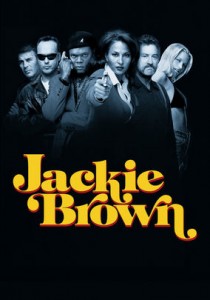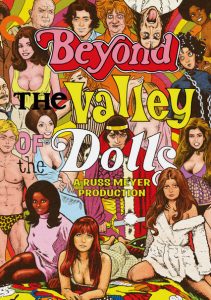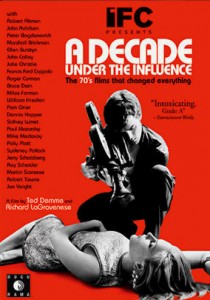Jackie Brown-1997
Director Quentin Tarantino
Starring Pam Grier, Robert Forster
Top 250 Films #124
Scott’s Review #356
Reviewed January 9, 2016
Grade: A
Quentin Tarantino’s Jackie Brown (1997) is a fantastic film and one of the few to have a solely female lead (Kill Bill Volumes I and II are the others) and successfully re-launched star Pam Grier’s and Robert Forster’s careers after too many years on the sidelines.
The film is heavily influenced by Grier’s earlier films in the 1970s blaxploitation genre. Jackie Brown is one of the more obscure Tarantino films, but is brilliant nonetheless and filled with slow, plodding, yet tremendous scenes.
Grier plays the title character, Jackie Brown, a flight attendant for a small Mexican airline who smuggles money into the United States from Mexico to supplement her income. When she is caught and threatened by the Feds to aid them in catching a much larger fish, she plots to use both sides to her advantage and walk away with the money.
Jackie develops feelings and a sweet relationship ensues with Max Cherry, a bondsman played by Forster.
Mixed in with the plot is Tarantino staple, Samuel L. Jackson, as Ordell Robbie, a crooked drug smuggler, Robert De Niro as Louis, a former cellmate of Ordell’s, and Bridget Fonda as Melanie, a dizzy stoner girl.
As is always the case with Tarantino films, Jackie Brown contains a stellar cast just chomping at the bit to deliver the best performance they can with the help of rich and crackling dialogue written for them.
The writing is always fantastic in Tarantino films and the number of plot twists and turns in Jackie Brown is great.
My favorite scene by far is the scene involving the transfer of money that takes place in the local Mall. Rich with flavor and atmosphere it is a marvel. Jackie and Max engage in small talk at the food court before the transfer is to take place- Jackie then goes to a fitting room where the “switch” will occur.
Throughout this sequence, the tension is incredibly high and the film turns into a nail-biter.
Tarantino, not one to focus on a romantic storyline, gives Jackie Brown a uniqueness as the film features the respectful and delicious romance between Jackie and Max. This adds layers to the mainly bloody and crime-laden film. To counter this relationship is the volatile relationship between Louis and Melanie, which ends in tragedy.
I love how the film is set in Los Angeles. Sunny, bright, with a stuffy and superficial element to the action, mixing the beach and the hot weather with a crime story, manipulation, and double-crossing works so well.
Giving aging Hollywood stars a deserving comeback, Tarantino weaves a complex, but adventurous and well-paced, crime drama featuring veteran actors who deliver the goods, Jackie Brown is a treasure in a world of other Tarantino treasures and is a must-have for all of the director’s fans and fanatics.
Oscar Nominations: Best Supporting Actor-Robert Forster


